Lab Blog
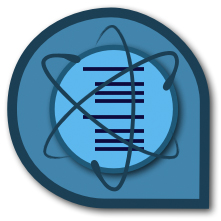 In the works |
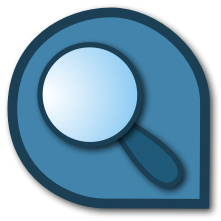 Analysis |
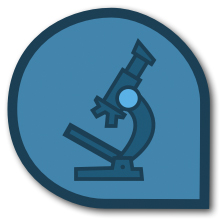 Images |
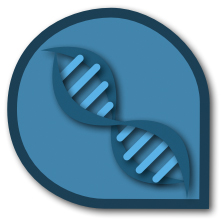 Science |
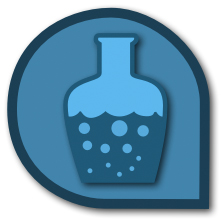 Experiments |
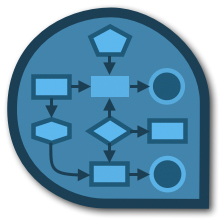 Organization |
September 11, 2016
|
On the academic big brotherThis email came from UCSD Health Sciences Communications department(?) and instructed all faculty, staff, students and affiliates of UC San Diego Health Sciences and UC San Diego Health to
I do not for a second believe that UCSD is unable to distinguish 'who those people are'. Excuse me? You know very well who 'those people' are. These are your nurses, doctors, health specialists. These may also include scientists (non medical and medical) that have an approved IRB in place where personal data IS collected. Indeed the Institutional Review Board was established to safeguard exactly those information. (I would actually be rather concerned if UCSD Health Sciences would NOT know who has access to this kind of information.) Hence, to subject ALL faculty, staff, students and affiliates to this is in my view WAY overboard. Of course this should not have been a surprise, specifically with the UC’s history of covertly snooping in on faculty emails and website traffic, their inability to secure their own devices and computers, and with a former head of Homeland Security at the helm of the organization. But sure. I will make my personal device MORE secure by installing this software...? So what is it that UCSD Health Science Communications wants us to install? It is called a Mobile Device Management. In this particular case from a company called Airwatch. On the iTunes store, the Airwatch Agent app (Note 1: the app is aptly named 'agent'; Note 2: please also have a look at the reviews in iTunes!) showcases some of the features of the software:
Moreover, installing this piece of software creates plenty of problems example 1, example 2, example 3. In addition, there are even detailed workarounds on how to make an enrolled jailbroken (android) device 'compliant'! Airwatch and softwares like it are not without controversy as detailed in articles here, here or here. I grew up in a (former) country where an estimated 1 in 63 people snooped on the rest of the population for the STASI. This sensitizes me somewhat to the demands that UCSD Health Science Communications asks of me. While I agree that there is a clear need to safeguard privacy and patient information, the blanket approach to install snooping software on devices of ALL affiliates is in my view one step too far! So what would be a solution? Maybe UCSD should provide a work-related phone for all employees and affiliates that handle these sensitive information. Maybe only employees who access sensitive information through a UCSD deigned software/app should be required to have this software installed. What about an opt-out system that requires you to verify that you are not handling these data... I do not really know. But surely there is a better solution to the one we are now apparently forced to sign on to! |
| Share this blogpost Tweet |
|
Please remember the disclaimer. |
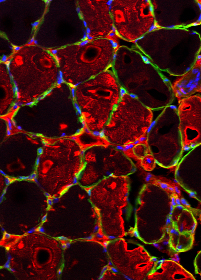
Section 'Sub' Navigation: